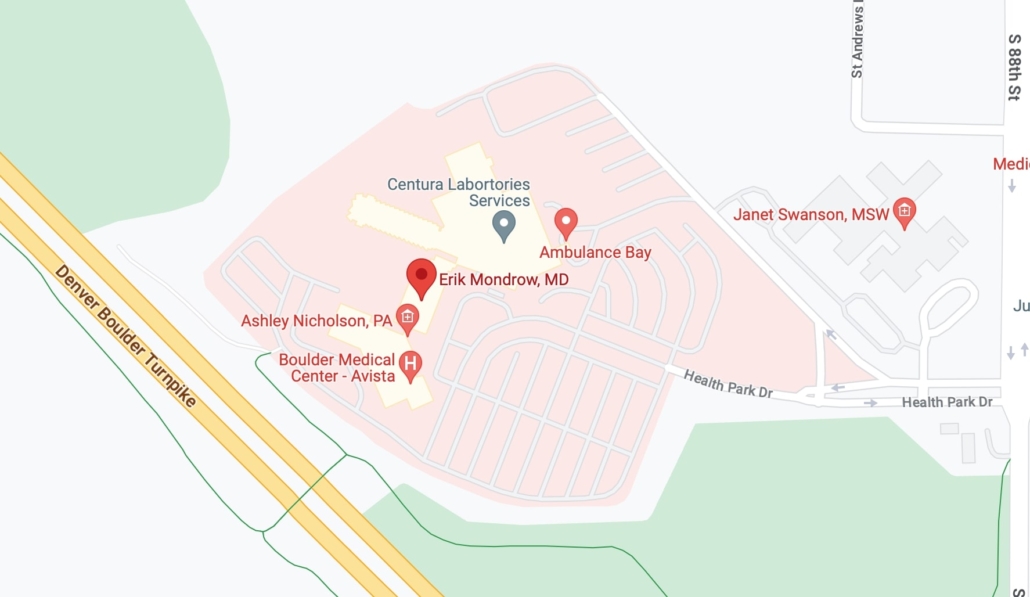Doctors’ perspectives on concierge health care
IN Denver Times, 4/11/09
DR. ERIK MONDROW: ‘I wanted my time with patients,’ he said. ‘When my patients come in to see me, very often they have a number of issues to address, and I feel I want more time with them. They deserve to have their issues addressed thoroughly so that when they leave here, they are satisfied.’…
Now, he has far fewer patients — down to a few hundred from 1,500, and he sees only seven to eight patients a day, instead of the 17 to 20 he used to see.’They are able to tell me everything they need to tell me, and they’re satisfied that they have my undivided attention and I address each issue,’ he said. ‘They know they can get a good explanation for why I make a specific recommendation for a medicine or therapy.’
Unlike many concierge doctors, Mondrow accepts insurance, including Medicare and Medicaid. In the past, he said, he didn’t accept new Medicare patients because of the low reimbursement rates. ‘Most primary-care doctors limit their Medicare population to stay in business,’ he said. ‘It’s standard practice because Medicare’s reimbursement is much lower than insurers’. ‘He also notes that Medicare doesn’t pay for preventive care. But since the switch to concierge care, ‘I now welcome new Medicare patients,’ he said.
Mondrow said he still sees some of his old patients who can’t afford concierge care. ‘There are a number of patients in my practice who would never be able to afford the annual fee,’ he said. ‘They’re elderly and have complicated medical problems, and I continue to see them without an annual fee.’ He estimates about 10 percent of his patients do not pay the annual fee.
Mondrow said the demographics of his patients haven’t changed very much since he made the switch to boutique care. ‘The full spectrum has chosen to sign up with my practice,’ he said. ‘There are a number of people who find value in this. The fee, while not insignificant, is not so extravagant for many who find it important. I have patients who value this type of service, and they budget for it. ‘He notes that it’s as much as what most people pay for cable-TV service. ‘With my fee, it’s not too different,’ he said.
Mondrow said most of his patients fall into two categories: those who have complicated medical problems and those who are healthy and want to stay that way. ‘Having more time (with a patient) really affords addressing medical issues much more thoroughly,’ he said. ‘Very importantly, it allows us to be proactive — to do things that help prevent disease instead of putting out fires. I have the time to assess a patient’s risk for diseases and address those. We can have time to focus on healthy lifestyle choices and talk more about exercise and nutrition. ‘For those patients who have complicated medical problems, concierge care can give them peace of mind. ‘If they have a problem, it would be easy for them to see me that day or reach me after hours,’ he said. ‘If they have a concern after hours, there is no answering service or on-call services. They simply call me on my cell phone.’


